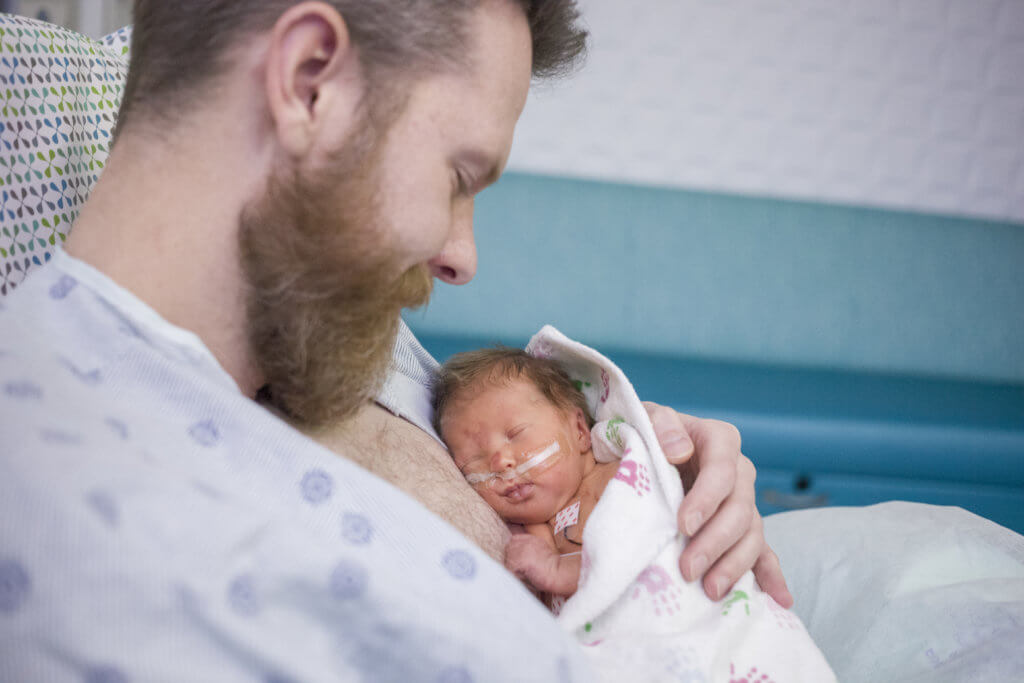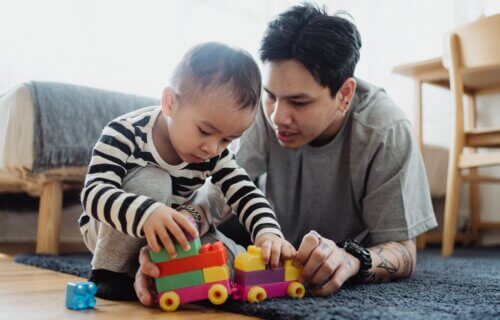DRESDEN, Germany — Maintaining a relationship is more challenging for first-time dads than for those welcoming their second child, according to a new study. Researchers in Germany found that it takes about two years for first-time fathers to stabilize their relationships, while it only takes 14 months for fathers and baby number two.
However, this study brings a glimmer of hope to first-time dads who are struggling in their early years and apprehensive about having another child. Most of the research on post-birth satisfaction has been focused on women, prompting researchers from the Technische Universität Dresden to investigate the experiences of men. Besides relationship satisfaction, the study also considered how variables such as age, education, income, relationship duration, marital status, child’s biological sex, and child’s temperament might affect new fathers.
The study analyzed data from 500 first-time dads and 106 second-time dads, assessing their relationship satisfaction two months before the child’s birth, as well as eight weeks, 14 months, and two years after the birth.
The results indicated that having a child has a link to a decrease in relationship satisfaction for both first-time and second-time fathers. However, first-time dads experienced higher levels of relationship satisfaction before the child’s birth and a more significant decline in satisfaction after the birth. At eight weeks postpartum, first-time dads generally reported higher relationship satisfaction than second-time dads, but their satisfaction continued to decrease until 14 months after the birth.
On the other hand, second-time dads reported an increase in relationship satisfaction by 14 months, which continued until the two-year check-in. At both these points, second-time fathers had higher relationship satisfaction scores than first-time fathers.

This study is groundbreaking as it is the first to reveal an increase in satisfaction for second-time fathers, a trend that has not been observed in studies of second-time mothers. The researchers found no significant correlation between reported relationship satisfaction and the other variables studied, except that those in longer relationships tended to report lower initial relationship satisfaction.
“The transition to parenthood can negatively affect the relationship satisfaction of fathers, more so for first than for second-time fathers, however, this can recover over time. Preparation and anticipation may be key,” the study authors say in a media release.
“Similar to first-time mothers, first-time fathers seem to experience a stronger RS decline during the transition to parenthood than second-time fathers, suggesting that especially couples becoming parents for the first time should be prepared for expected changes in their relationship,” the team adds in the journal PLoS ONE.
The authors suggest that fathers becoming parents for the first time should be ready for changes in their relationship and know that, if they have another child, those changes will likely get easier the second time around.
South West News Service writer Jim Leffman contributed to this report.

